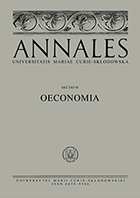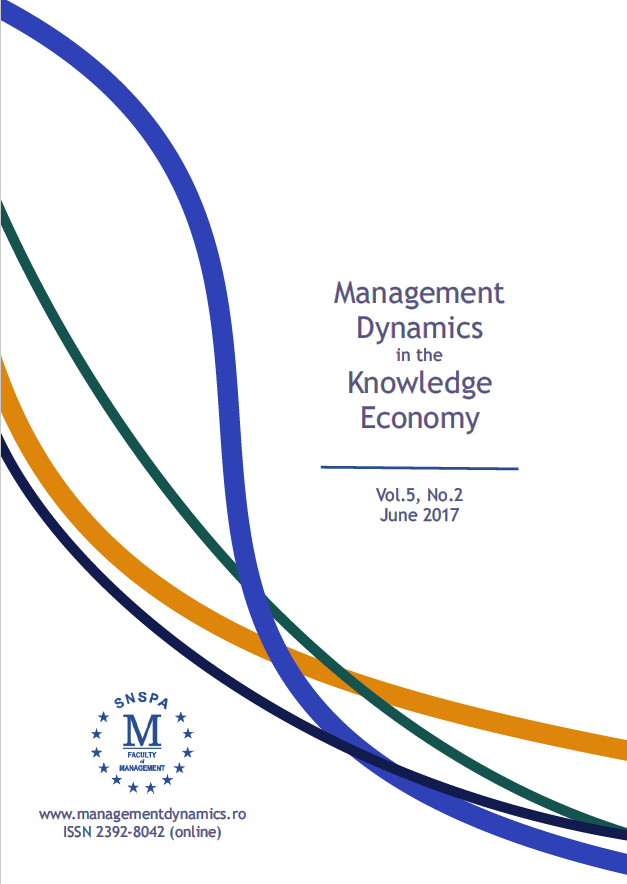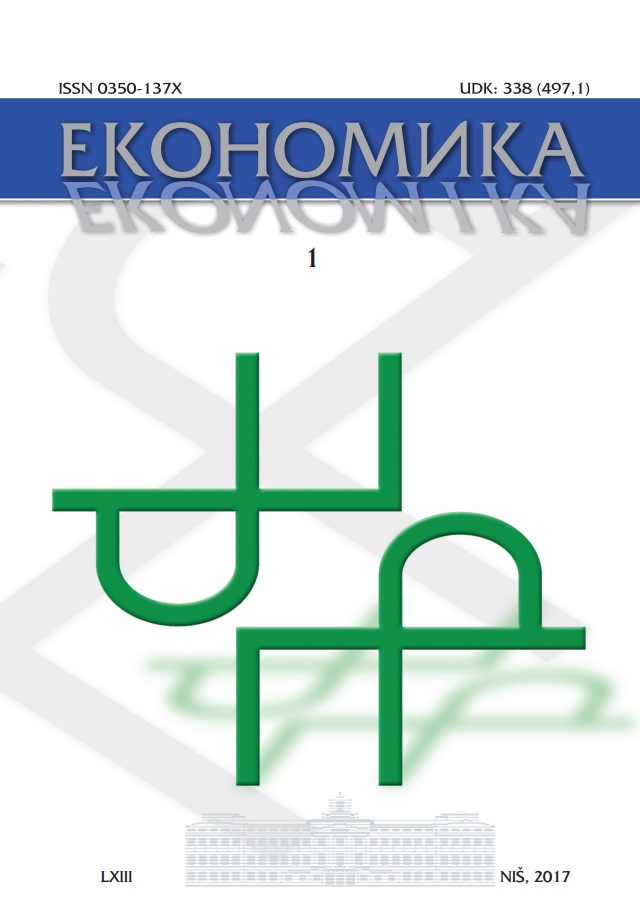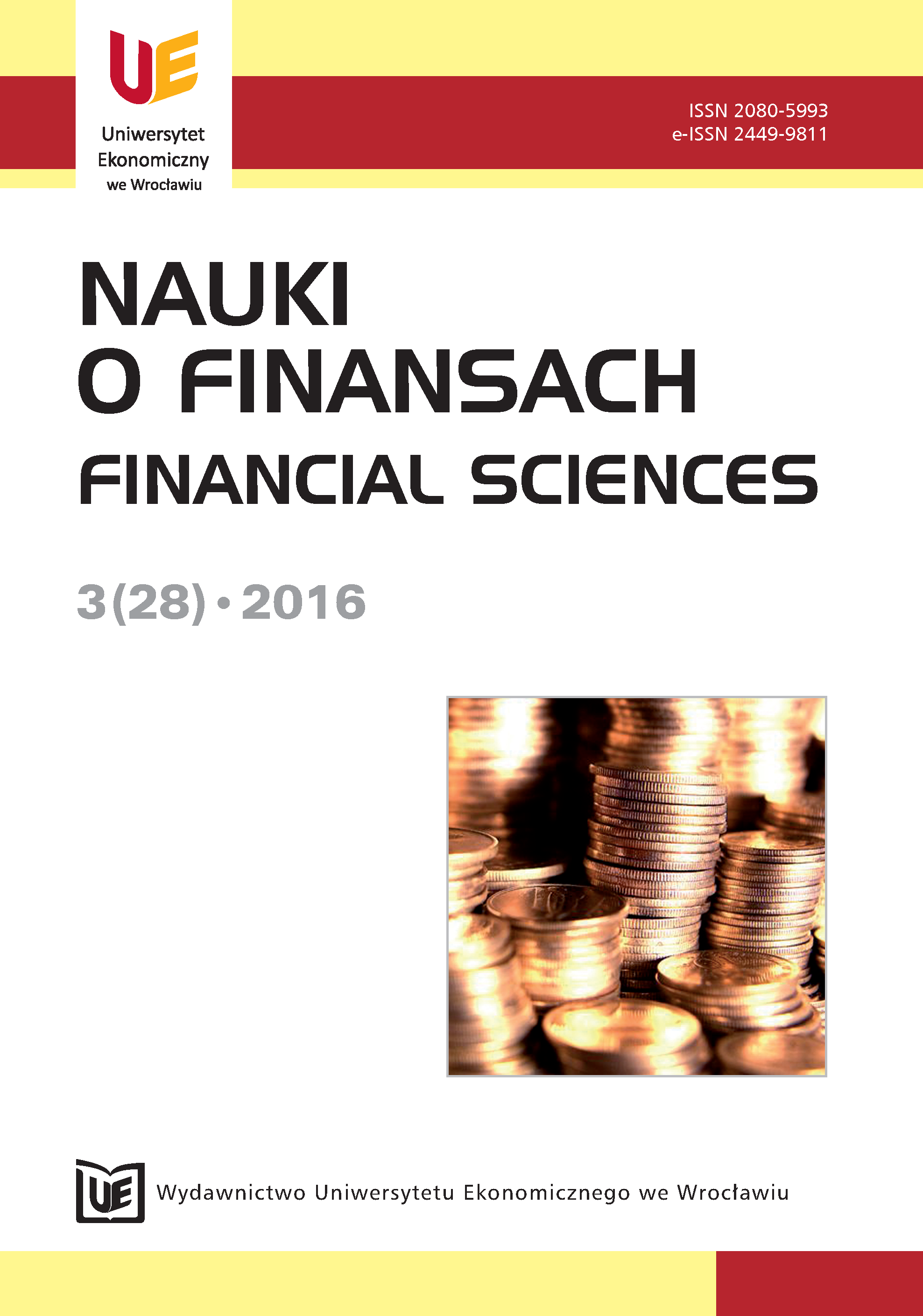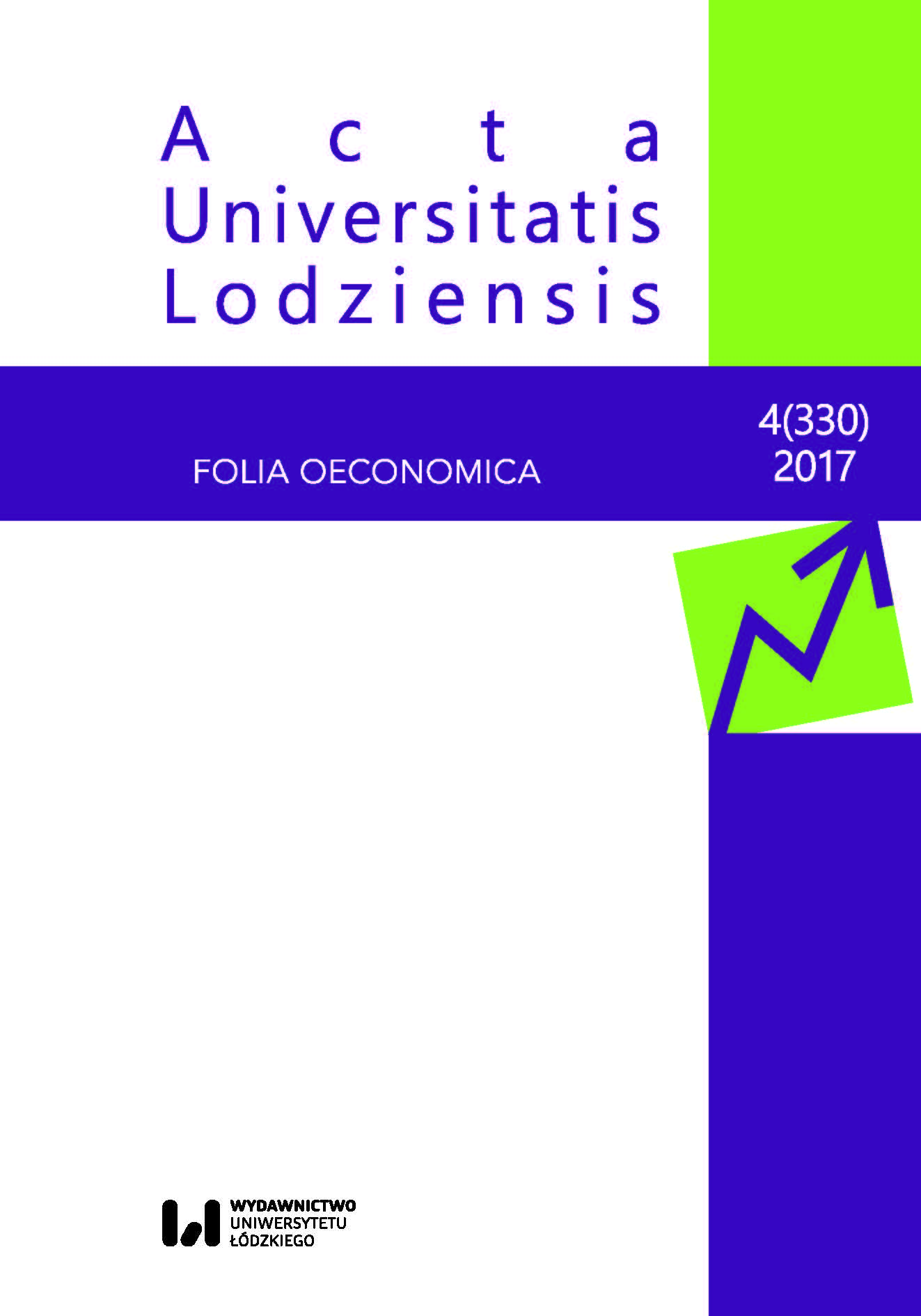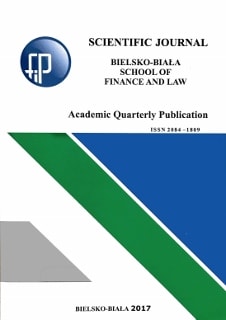
Enterprise reporting and international trade: financial and non-financial dimension
Enterprise reporting represents an important source of information about its assets, performance and operations and is therefore crucial for international trade. In the times of intensified competition and knowledge-based economy the information needs of stakeholders have increased significantly. A traditional financial statement is no longer sufficient to meet all of them. Therefore changes are introduced in reporting, which separates financial and non-financial dimensions. Enterprise reporting is subject to an evolution resulting in changes in the form, scope and structure of the prepared statements. The analysis of subject literature and the actual practice allow distinguishing stages in the development of reporting: from a balance sheet to a financial statement, next from a financial report to a business report and finally to an integrated report. The diversity of forms and scope of additional reports, which most frequently constitute the extension of a financial statement by a non-financial dimension, resulted in an informational chaos and the need to develop a conceptual framework for the newly prepared reports. An orderly arrangement of reporting regarding its non-financial aspects and the efforts focused on rearranging reporting in the financial dimension – represent the major challenges faced by the 21st century accounting.
More...
